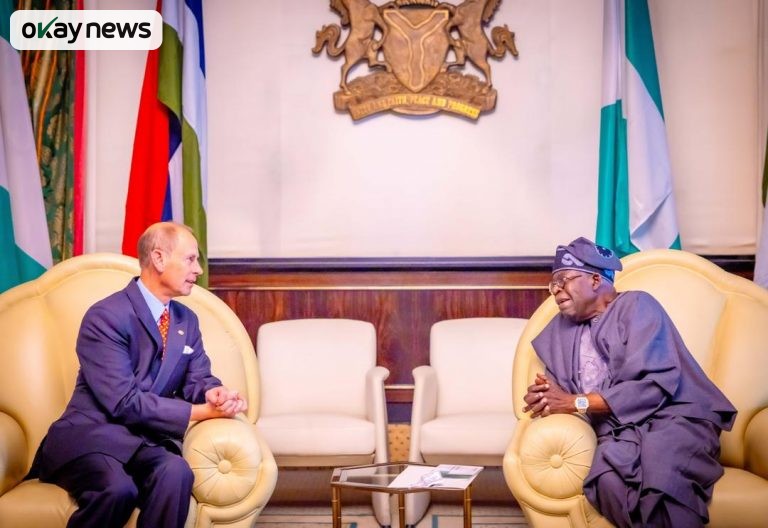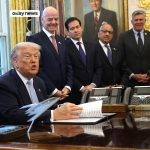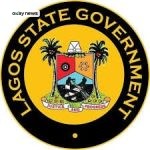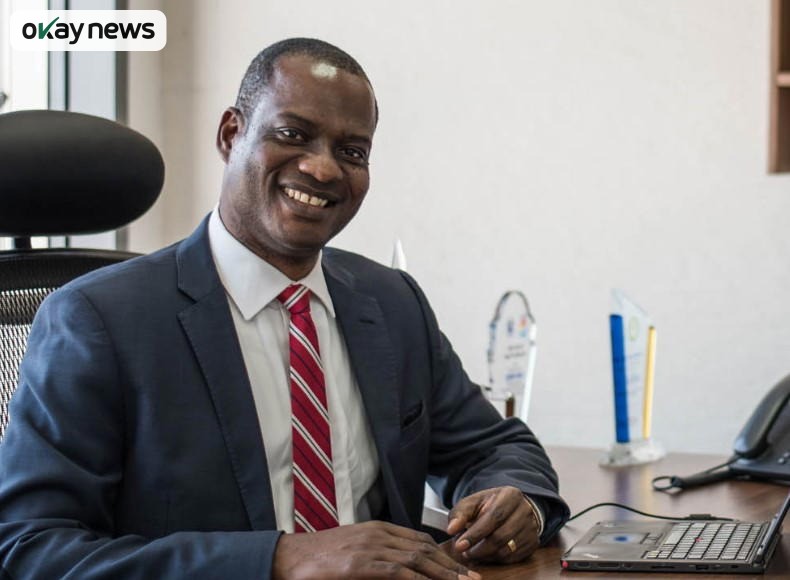President Bola Ahmed Tinubu of Nigeria said his administration’s economic reforms were designed to equip young Nigerians with the skills and opportunities required to compete in the global economy.
He stated this during a meeting in Abuja with Prince Edward, the Duke of Edinburgh, who leads the Duke of Edinburgh’s International Award Foundation, a United Kingdom–based global youth development programme.
Tinubu said youth development remained the centre of Nigeria’s economic transformation agenda. He linked upcoming engagements at the G-20, one of the world’s primary economic blocs, to the country’s drive to strengthen long-term growth around its young population.
He said reforms in education financing, digital infrastructure, and skills development were intended to secure global competitiveness. He referenced the Nigerian Education Loan Fund, describing it as a policy that ensures no Nigerian student leaves tertiary education due to financial pressure.
He said education remained a key tool for reducing poverty and building a productive generation. He explained that the nationwide rollout of fibre-optic cables was designed to expand digital access, deepen inclusion, and integrate more young Nigerians into technology-driven sectors.
Tinubu said the government was strengthening institutional coordination across ministries to sustain growth efforts and improve policy delivery. He stressed that national security remained a priority, noting that humanitarian organisations working with communities affected by terrorism continued to provide essential support.
Nigeria’s Minister of Finance and Coordinating Minister of the Economy, Wale Edun, said the country’s median age of 17 placed young people at the centre of ongoing reforms. He said government programmes were structured to expand skills development, improve job creation, and build a more competitive workforce.
Prince Edward said the Tinubu administration’s reforms had generated strong global interest. He said the upcoming Lagos award ceremony would celebrate 320 young Nigerians who completed the Duke of Edinburgh’s International Award, demonstrating discipline, resilience, and commitment to community service.
He attended the meeting with the British High Commissioner to Nigeria, Sir Richard Montgomery, and senior officials of the Award Foundation. The Duke of Edinburgh’s International Award operates in more than 100 countries, providing non-formal education pathways to help young people build life skills and leadership capacity.







